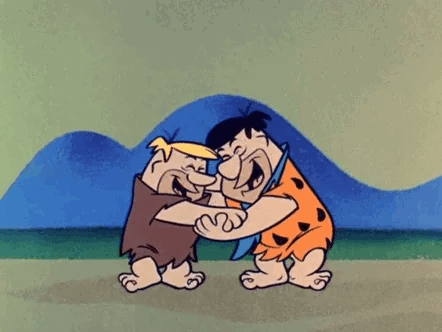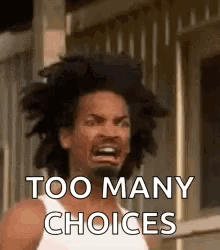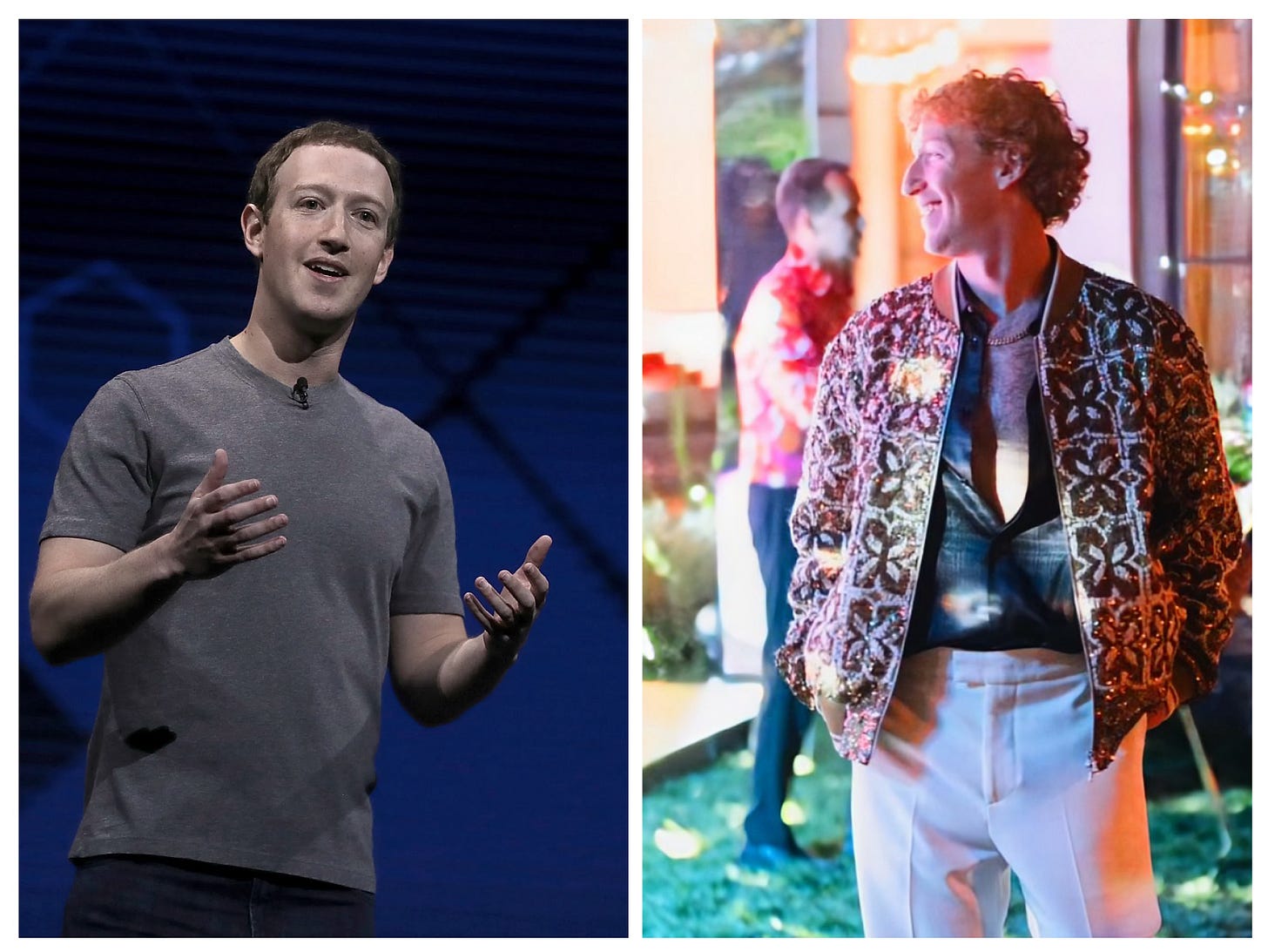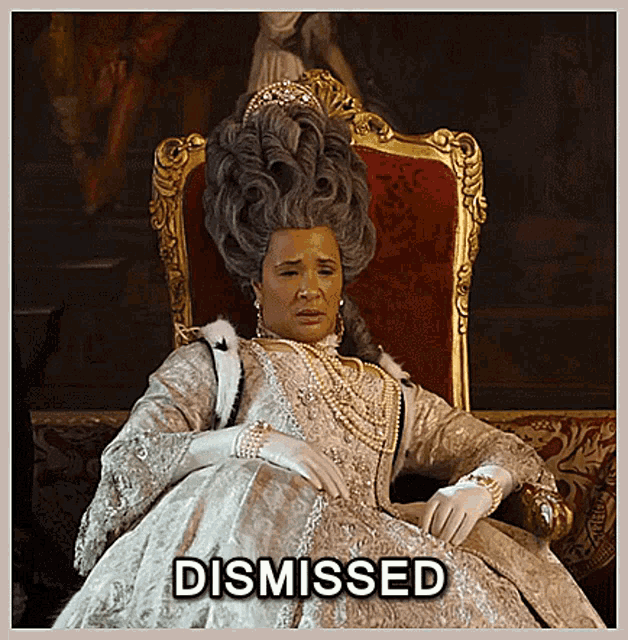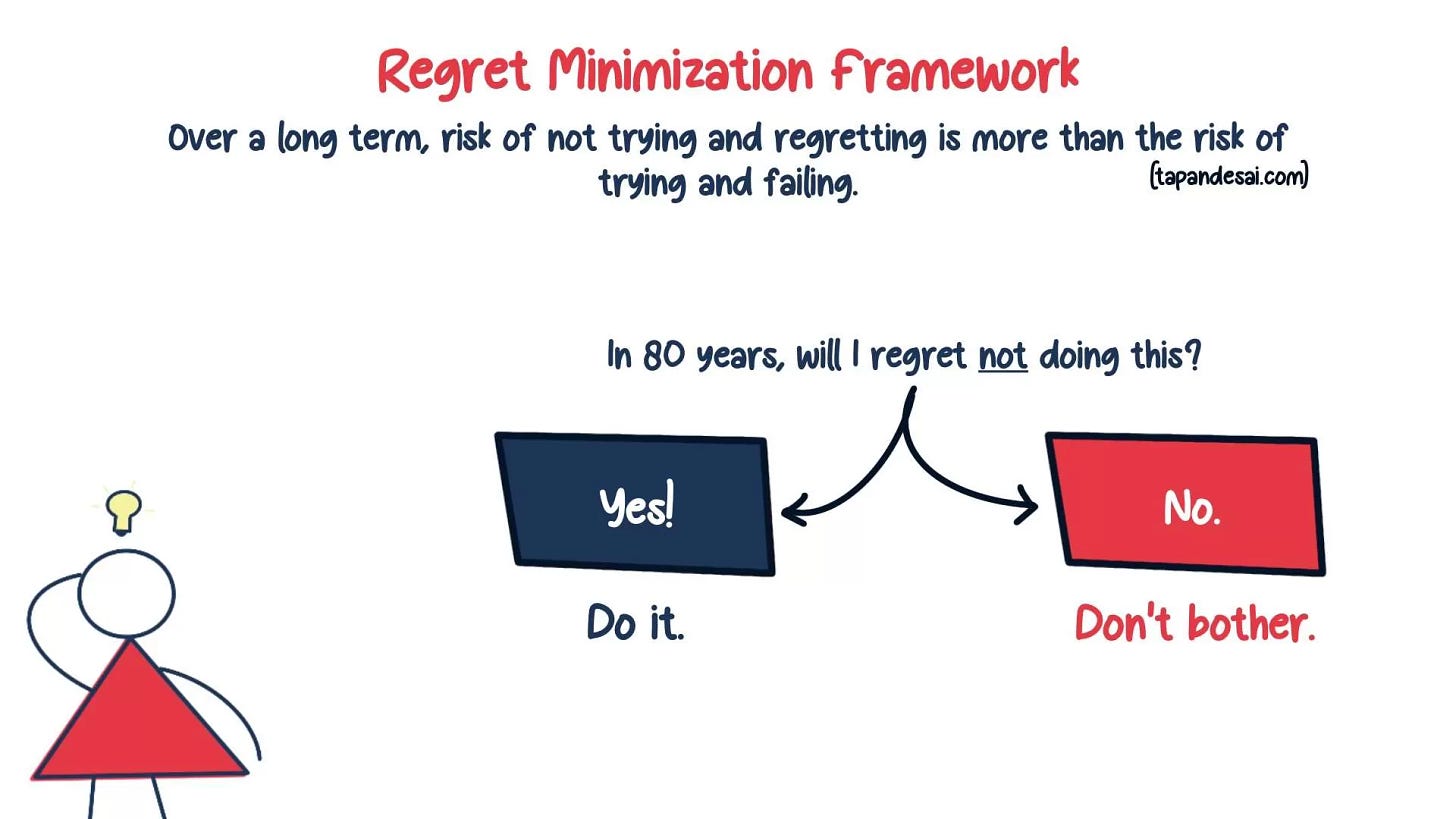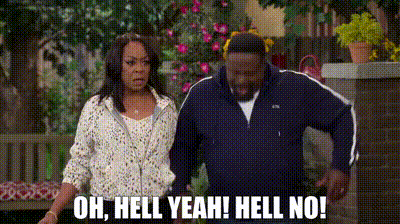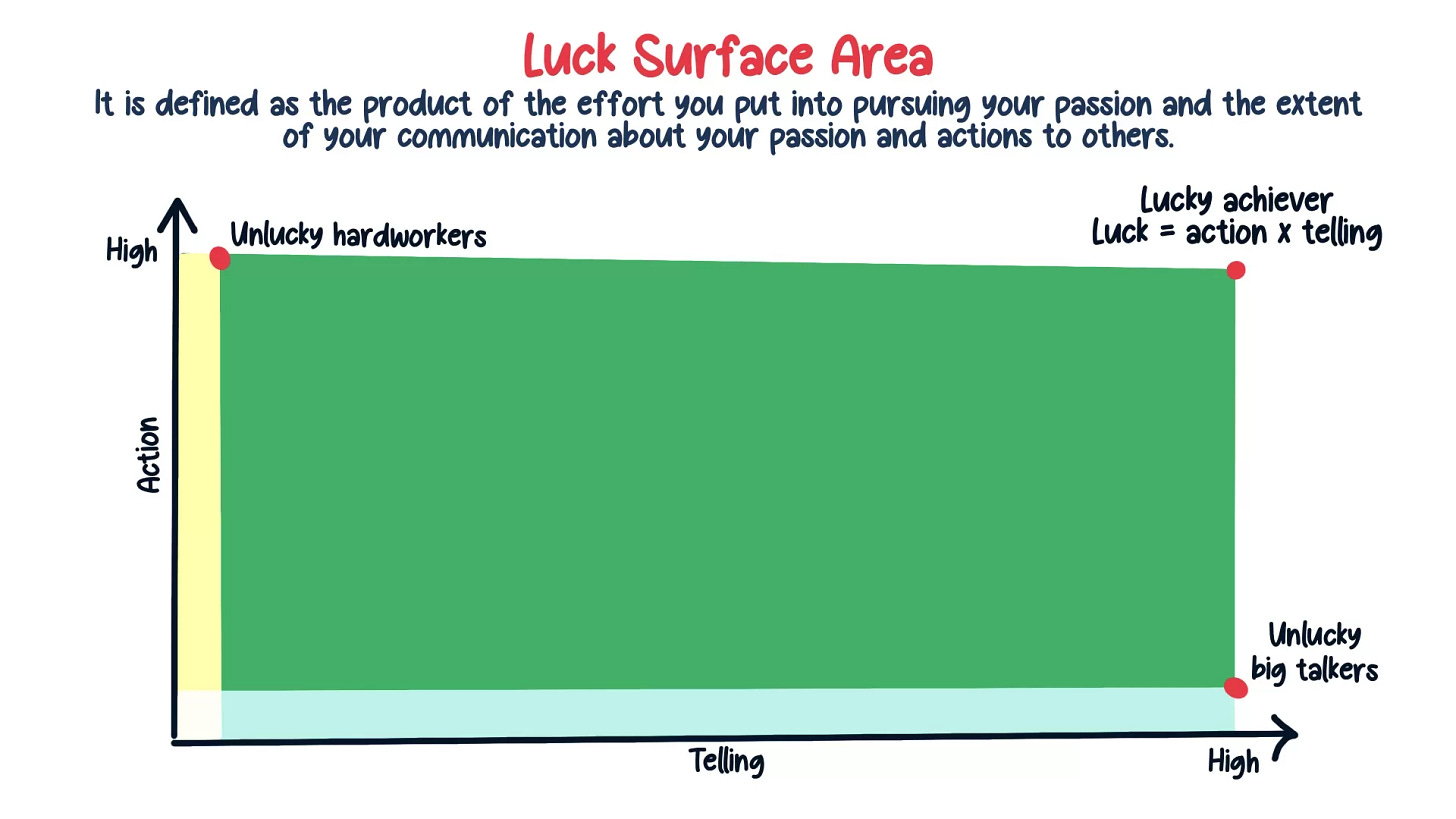Too Many Decisions? Time to Sharpen Your Razors
Use These Six Razors to Start Acting with Clarity
I have been travelling through Mexico City and Mumbai, hence the brief newsletter hiatus.
During that time, I watched a Johnny Harris video, Why You’re So Tired (linked in the footnotes1)—and let’s just say it was all too relatable.
Harris takes us back 300,000 years, using the example of Mr. Johnny Caveman’s morning routine. And guess what? It was simple. Our ancestors made far fewer decisions compared to us.
Fast forward to 2024, and things are wildly different. Before I even make it to the office, I’ve faced more choices than our caveman friend would in a week: Should I hit the gym or skip it? Shirt or hoodie? Sneakers or boots? Gym shower or office shower? Latte or flat white? Oat milk? Regular milk? Tube or Uber? Bike!?
Fredkin’s Paradox2 kicks in here: the more similar two choices seem, the harder it is to make a decision. And let’s be honest, most of these decisions don’t even matter. Yet, they eat away at our mental energy.
By some estimates, we make 35,000 decisions a day3. No wonder many of us want to hit snooze before the day even starts.
Brains from the Stone Age, Problems from the Smartphone Age
Our brains? They were not built for this level of choice overload.
Peter Bevelin explains that human evolution began about 4 million years ago, and for most of that time, we were part of hunter-gatherer societies. Agriculture, which radically shifted how we lived, only arrived around 10,000 years ago—practically yesterday on the evolutionary timeline4.

To put it into perspective: if human history was a 24-hour day, agriculture showed up at 23:55. And in the blink of an evolutionary eye—those final five minutes—we’ve jumped from spears to smartphones.
It’s like trying to run the latest iOS on a Blackberry.
We have Paleolithic emotions, medieval institutions, and godlike technology.
— Edward O. Wilson.
Mental Shortcuts: Using Razors to Simplify Choices
Faced with endless choices, what’s the solution?
One option is to follow Zuck’s playbook. Not the gold-chain-wearing, surfboarding, post-software-upgrade Zuck we know now—but the early, grey-shirt-and-jeans version.
Simplifying choices, like wearing the same thing every day, helps reduce decision fatigue.
But let’s be real—that’s not feasible for most of us. We are—all of us—always one Google search away from dozens of potentially meaningless decisions.
So, what’s the alternative? Enter philosophical razors—simple mental tools designed to trim down your choices.
It’s important to remember: not all choices are decisions. Choices are casual picks from a range of options, but a decision requires deliberate thought.
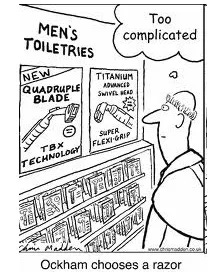
In a world flooded with decisions, the goal isn’t to eliminate every choice but to figure out which ones matter—and which you can let go.
These razors, rules of thumb, act as shortcuts, helping to shave off unnecessary overthinking. While they aren’t foolproof, they often provide the clarity needed to keep moving forward.
It’s like using a compass: helpful most of the time, but you could end up off course. Here are few of my favourites:
🚨 Quick sidebar: Enjoying what you're reading? Bet you've got a friend who would too. Share and help me grow this community.
Pssttt, they will also get a free copy of my ebook, Framework for Thoughts, when they sign up!
✂️ Hitchens’ Razor: Cut the Nonsense
If someone can assert something without evidence, you can dismiss it without evidence.
It’s a great mental filter, especially when your uncle on WhatsApp starts throwing out conspiracy theories.
It says that if someone’s making a claim, the burden of proof is on them. If they can’t provide evidence to back their claim, don’t waste your mental bandwidth—dismiss it.
For instance, imagine you post a well-researched critique of Tesla online, only for a horde of Elon fanboys to come after you. Hitchens’ Razor tells you to ignore the trolls and engage only with those who bring facts to the table.
Hitchens’ Razor helps you choose whom to ignore, but what about finding the people actually worth your attention?
🐢 The Unlikely Champion Razor: Pick the Underdog
If forced to choose between two options of seemingly equal merit, choose the one that doesn’t conform to expectations.
Nassim Taleb popularised this concept through a thought experiment:
Most people instinctively lean toward the charismatic one. Why? Because we’re wired to trust appearances and charm—it’s authority bias at work.
But the "Unlikely Champion Razor" suggests going the opposite way. Why? The less obvious choice often had to fight harder to get to the same place, developing stronger resilience in the process.
⏳ Regret Minimization Framework: Think Like Future You
If you’ll regret not doing it at 80, do it now.
Jeff Bezos used this framework when deciding whether to start Amazon. Instead of focusing on potential failure, he looked at his future self and realised he’d regret not trying more than failing.
The opinion you should care about most is your future self.
The Regret Minimization Framework helps you project yourself into the future, minimise the regrets of missed opportunities, and make good long-term decisions.
But what about short-term decisions?
🙅♂️ Hell Yeah or No: Get Ruthless with Your Time
If you’re not saying “HELL YEAH!” about something, say no.
Derek Sivers says, we are all overcommitted, and this razor helps you trim the fat from your schedule.
When you say no to most things, you leave room in your life to really throw yourself completely into that rare thing that makes you say “HELL YEAH!”5
If you’re not excited (HELL YEAH, excited!) about that Friday night dinner plan, just say no.
🍻 Grab That Drink Razor: Opt for Change
Whenever you can’t decide which path to take, pick the one that produces change.
This razor operates on the idea that change increases your chances of encountering serendipity—those lucky, unexpected moments that can shape your future.
When you show up, you can get lucky. Read my article on increasing luck surface area.
You won’t get lucky watching TV and ordering pizza alone. Going out, meeting new people, and grabbing a drink will significantly improve your chance of change.
If you're chasing change, you'll boost your chances of getting lucky by placing more bets. But not all bets are created equal—so how do you know which ones are worth it?
🎯 Asymmetrical Bets Razor: Go Big Where It Matters
If the cost of potential payoff is massively higher than the cost of the act, place the bet.
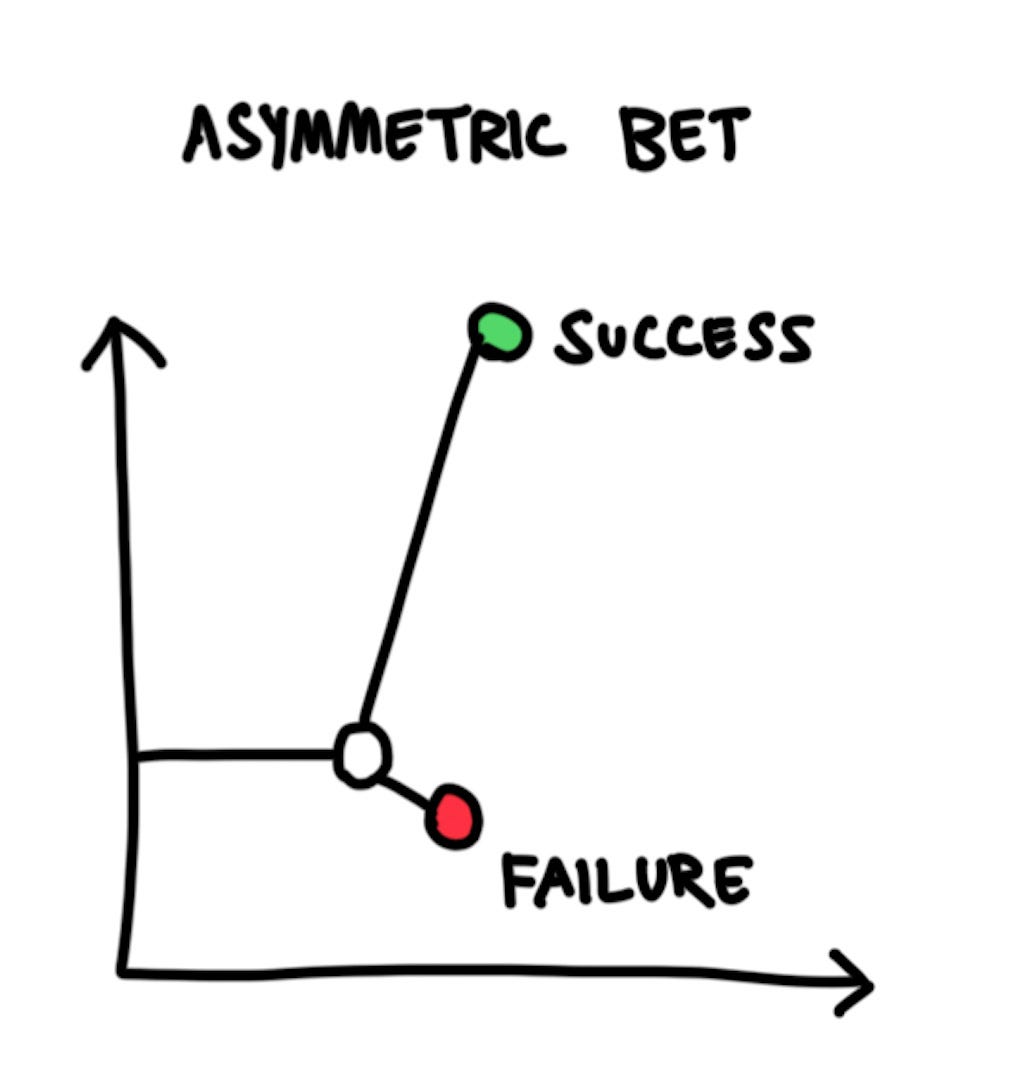
Naval Ravikant provides some great examples of asymmetric bets:
🚀 Starting a business
🎙️ Creating a book, podcast, or video
❤️ Going on dates
🌆 Moving to a big city
📚 Reading a book
The cost of failure varies (quitting your job to start a company? High stakes. Picking up a classic novel? Low), but the potential payoff makes these bets worth taking6.
In a world of endless choices, clarity comes from shaving through the clutter.
Until next time.
Tapan (Connect with me on Twitter or reply to this email)
Thank you for reading! 🙏🏽 Help me reach my goal of 3,000 readers in 2024 by sharing this post with friends, family, and colleagues! ♥️
Johnny Harris, Why You’re So Tired:
Fredkin’s Paradox - A decision-making agent might spend the most time on the least important decisions.
Seeking Wisdom: From Darwin to Munger by Peter Bevelin
Derek Sivers article on Either It’s Hell Yeah or No


